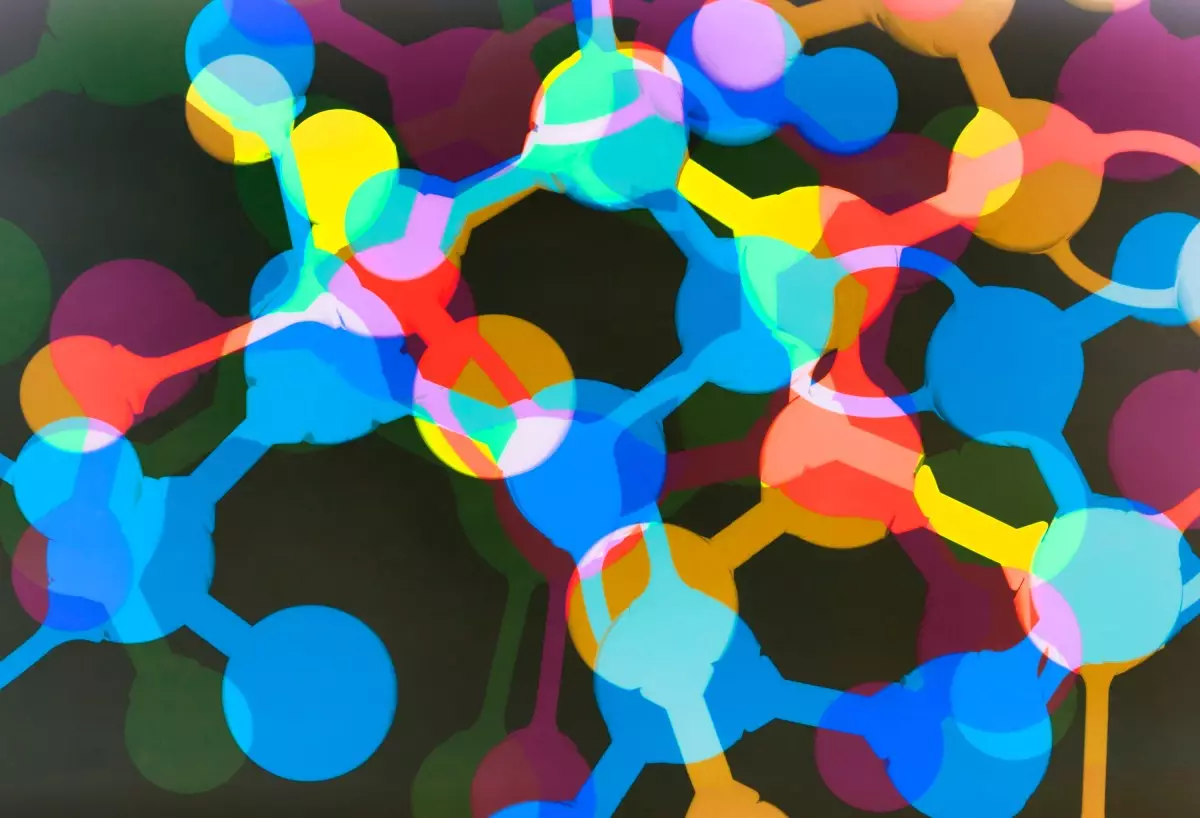In an age where healthcare is being significantly transformed by technology, a groundbreaking partnership has formed among leading cancer research institutions. The Cancer AI Alliance (CAIA) aims to leverage the advancements in artificial intelligence (AI) to enhance cancer treatment and research, marking a pivotal moment in the realm of precision medicine. With a considerable investment of $40 million, supported by major tech companies, this alliance is positioned to bridge gaps in cancer research and provide timely solutions to patients in need.
The driving force behind CAIA includes prestigious institutions such as Fred Hutchinson Cancer Research Center, Johns Hopkins, Dana-Farber Cancer Institute, and Memorial Sloan Kettering Cancer Center. Fred Hutch serves as the backbone of the initiative, coordinating the efforts of these prominent organizations. Tom Lynch, the President and Director of Fred Hutch, described the partnership’s potential during his keynote at the Intelligent Applications Summit held in Seattle. The collaboration signifies an unprecedented commitment among these institutions to share vital knowledge, ultimately improving patient treatment outcomes.
The venture embodies a visionary approach to resolving one of the healthcare sector’s foremost challenges: the insular nature of research findings. Often, significant breakthroughs in cancer treatment are restricted to the walls of individual institutions, leading to delays in application for patients who may be desperately seeking innovative therapies. For instance, if a researcher at one center discovers a treatment protocol for a rare pediatric cancer, it could remain inaccessible to a child suffering from an aggressive form of leukemia merely because of institutional barriers.
While Lynch’s narrative emphasizes urgency, it also highlights a crucial truth: AI alone cannot deliver immediate solutions to complex medical issues. The success of this initiative lies not only in technology but also in cultivating a shared sense of responsibility among research institutions. Existing regulations that hinder data sharing further complicate matters, with strict adherence to patient privacy laws such as HIPAA, as well as varying formats and databases creating additional roadblocks.
To counter these limitations, the Cancer AI Alliance aims to employ federated learning, an innovative approach that facilitates collaboration without compromising patient data privacy. This method allows institutions to train AI models on collective insights while keeping their raw data secure. By prioritizing data privacy, CAIA seeks to harmonize the processes of data utilization across different institutions, thereby creating an ecosystem of shared knowledge aimed at accelerating drug discovery and refining diagnostic tools.
The prospect of utilizing federated learning represents an intriguing solution to the existing obstacles in cancer research. By aligning the capabilities and insights from diverse institutions within a unified framework, CAIA aspires to enhance the efficacy of AI systems in identifying promising cancer treatments and research avenues. However, successfully implementing this collaborative model presents its own set of challenges, particularly in terms of technological infrastructure and standardization.
The collaboration among notable organizations like Microsoft, AWS, Nvidia, and Deloitte underpins the operational and financial support needed for CAIA to flourish. The expertise and resources provided by these industry giants are essential in establishing shared infrastructure, defining research standards, and pursuing specific therapeutic goals. The initial investment of $40 million, aimed at operational costs and services, is a significant step toward realizing the ambitious vision of the alliance.
With a timeline suggesting that CAIA anticipates yielding its first insights by the end of 2025, it is clear that the establishment of foundational capabilities and strategic planning is underway. Jeff Leek, Vice President and Chief Data Officer of Fred Hutch, underscores the complexity of these foundations, emphasizing that technological hurdles must be systematically addressed to leverage the full potential of the collaboration.
The establishment of the Cancer AI Alliance represents hope for a more integrated and dynamic approach to cancer treatment. By capitalizing on the power of AI while ensuring compliance with crucial data regulations, the alliance sets a framework for a future where critical cancer research is not only discovered but also shared efficiently and quickly among institutions.
As the landscape of cancer care continues to evolve, this initiative illustrates the potential of collaborative efforts in ushering transformative advancements. The urgency intertwined with the ethos of cooperation may ultimately enable timely and life-saving treatments for patients, showcasing the true power of collective action in the medical field. As this partnership develops, it may just redefine how cancer research is conducted, prioritizing patient welfare and innovation above all.

